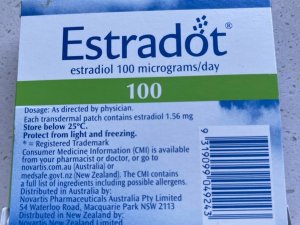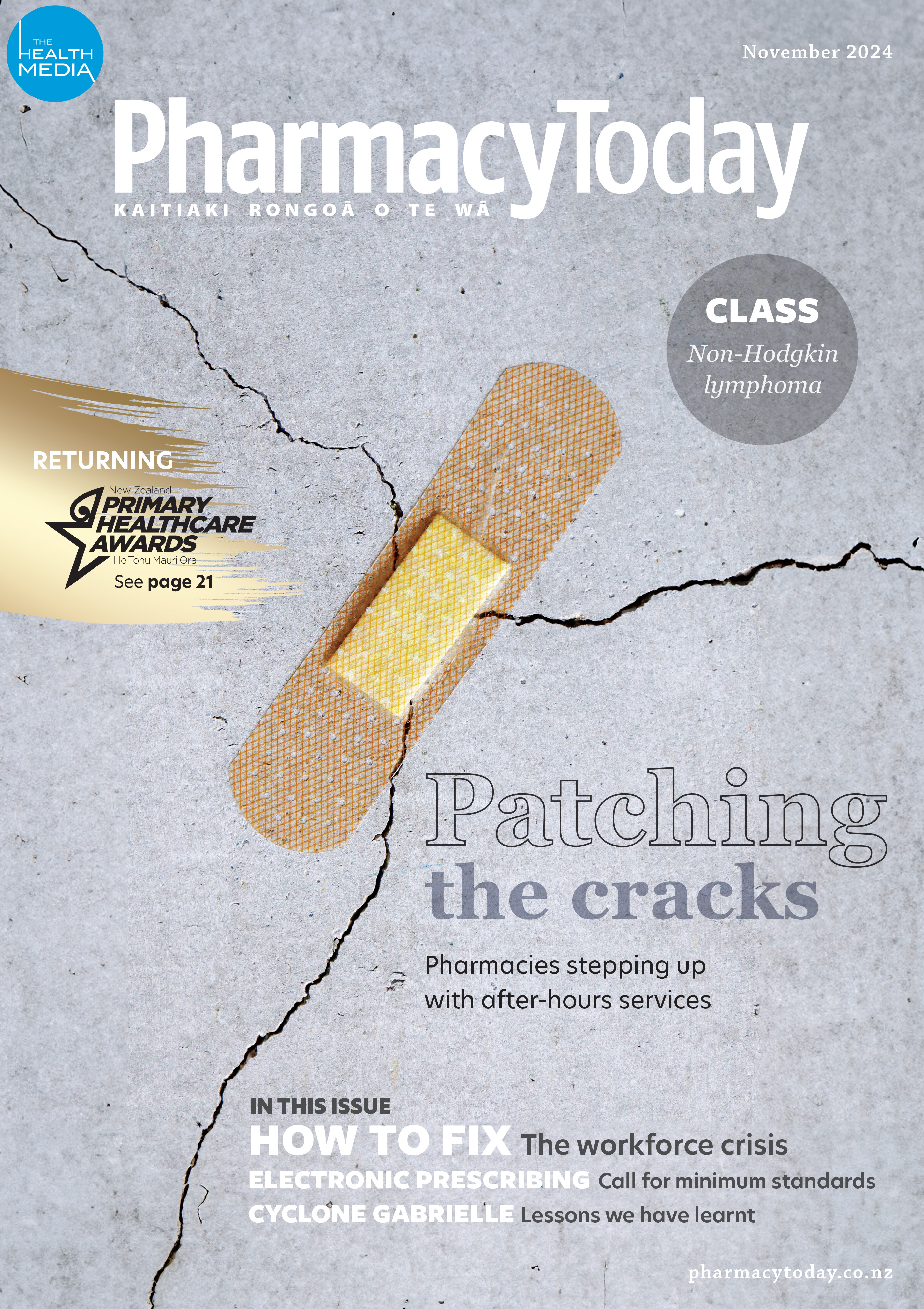Academic pharmacist Nataly Martini highlights the importance of understanding non-Hodgkin lymphoma and pharmacists’ roles in managing this condition
Pharmac looks at funding gel as alternative to oestrogen patches
Pharmac looks at funding gel as alternative to oestrogen patches
![David Hughes 3 CMO Pharmac 2021 [image: supplied by Pharmac]](/sites/default/files/styles/cropped_image_16_7_/public/Dr%20David%20Hughes%20c.jpg?itok=fZ84NQzF)
Tens of thousands of New Zealanders hit by shortages of oestrogen patches in recent years are set to get some relief with Pharmac's decision to consider funding alternatives.
Chief medical officer David Hughes said the drug funding agency was asking pharmaceutical companies to bid for the supply of oestradiol gel.
"Our clinical advisors have told us that funding another oestradiol product would be useful because demand is increasing, and we are continuing to experience global supply issues for oestradiol patches," Dr Hughes said.
Demand in New Zealand has more than doubled - growing from 1.2 million patches dispensed in 2020-21 to more than 3 million patches in 2022-23.
"We know that some people would use the gel if it's funded, and this could relieve some of the stress on the supply of patches.
Oestradiol is used by 85,000 people each year for the treatment of a range of conditions including, menopause, osteoporosis, and gender-affirming health care.
It is most often used as a patch placed on the skin, but it is also available as a tablet.
"We want to make sure people get the treatment they need, and which can be funded from Pharmac's fixed budget, so we're keen to hear from suppliers about what they can offer," Dr Hughes said.
Menopause specialist Dr Linda Dear welcomed the move.
"This will provide a much-needed alternative, so people are no longer solely reliant on the patches as the only funded transdermal option available.
"Having gels as an alternative will ease the pressure of the supply issue which has had an impact on New Zealanders using the treatments, pharmacists, and prescribing doctors alike. My hope is that we don't have to wait too much longer to access this important therapy."
Gel suppliers must apply by 13 May and the bids will then be evaluated by Pharmac and its clinical advisers.
From RNZ
For more news from around New Zealand, go to RNZ







